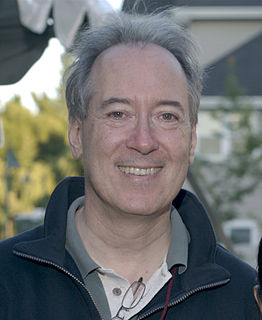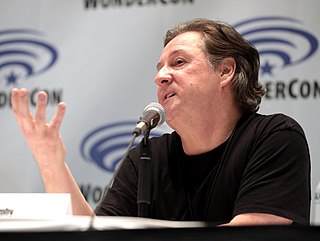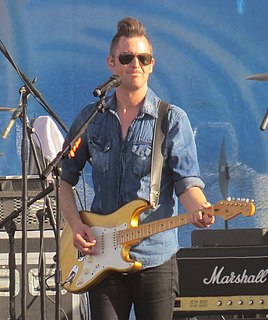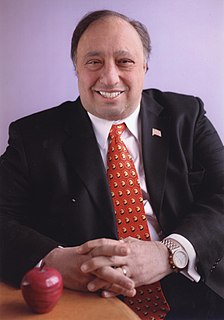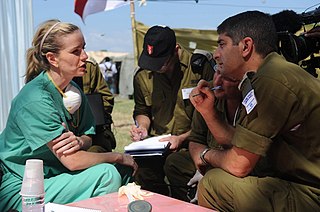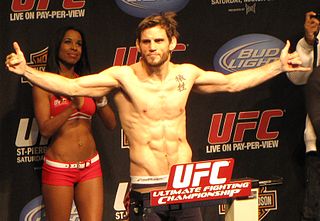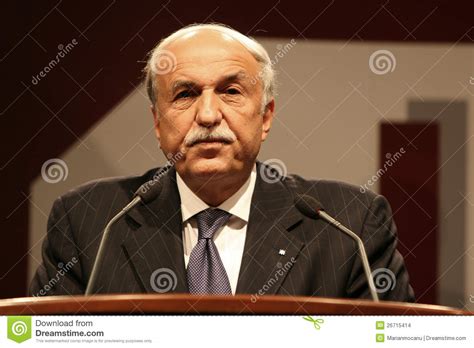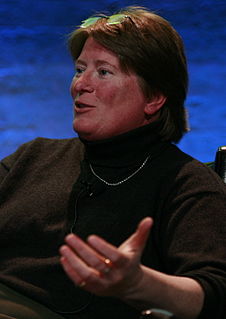A Quote by Dan Gillmor
In evaluating potential vendors, accurately estimating total cost of ownership is critical. Yet, this is often an area where companies don't put the right amount of effort. This tool can help those looking at Warehouse Management Systems get their arms around this key issue.
Related Quotes
The TMS is evolving into a logistics platform that can handle all nodes, all geographies and all transportation nodes. It's already talking to other applications in the supply chain, like warehouse management, order management and ERP systems. By adding underlying algorithms, a TMS can now understand the relationship between the cost of inventory and the cost of transportation and come up with an optimal solution to answer those questions.
The best results are achieved by using the right amount of effort in the right place at the right time. And this right amount is usually less than we think we need. In other words, the less unnecessary effort you put into learning, the more successful you'll be... the key to faster learning is to use appropriate effort. Greater effort can exacerbate faulty patterns of action. Doing the wrong thing with more intensity rarely improves the situation. Learning something new often requires us to unlearn something old.
Music is a tool. Lighting is a tool. Power point is a tool. Getting those things right is not the goal. God is the goal. Those are just tools. And we can real easily turn into worshippers of all the tools, rather than remembering that this is simply a tool to get the job done which is to help connect people with God and to help inspire people.
I think there are probably too many asset management companies in the world, and I think the place to be is either big or small. The area where it is probably more difficult to be is in the middle ground, where you've got that cost of regulation, you've got the cost of buying your own research, you've got all the costs of running an asset management company without the benefits of a big income producing asset.
A key part of helping startups is providing them with a G/SCORE that measures a company on the path to sustainability. We score companies from around the world and use Knoodle so they can easily sync video and presentations together for a more effective pitch. We send these pitches to judges all around the world and it's critical that we have a flexible tool that is easy to create, easy to deliver, and effective at letting audiences understand the entrepreneur and their innovation.
